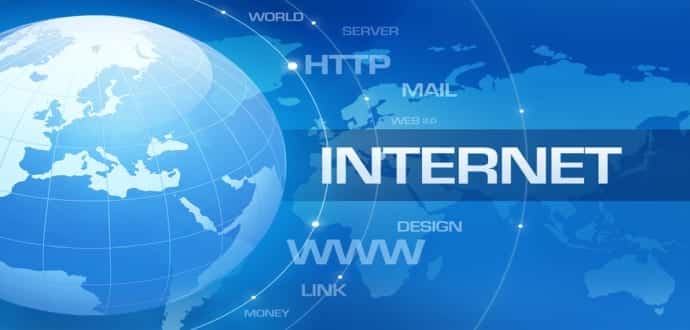Internet Access Is Now A Basic Human Right
Along with your right to live, eat, and other basic rights, Internet access is also your basic right from now onwards. This was conveyed by United Nations Human Rights Council and has passed a resolution for the “promotion, protection, and enjoyment of human rights on the internet.” The resolution also provides for all countries of the world to provide their citizens with Internet access and condemns any country that intentionally disrupts the internet access of its citizens.
The resolution stresses that “the same rights that people have offline must also be protected online” particularly with regards to the freedom of expression already protected by articles 19 of the Universal Declaration of Human Rights and the International Covenant on Civil and Political Rights.
The resolution was passed last Friday, but was opposed by countries including Russia, China, Saudi Arabia. The surprising opposition came from countries like South Africa, India, and Indonesia which are democracies. The issue was with the passage that “condemns unequivocally measures to intentionally prevent or disrupt access to our dissemination of information online.”
The UN resolution was supported by 70 countries. According to a statement released by Article 19, a British organization that works to promote freedom of expression and information. Thomas Hughes, the executive director of Article 19, wrote:
“We are disappointed that democracies like South Africa, Indonesia, and India voted in favour of these hostile amendments to weaken protections for freedom of expression online…A human rights based approach to providing and expanding Internet access, based on states’ existing international human rights obligations, is essential to achieving the Agenda 2030 for Sustainable Development, and no state should be seeking to slow this down.”
The resolution notes what many of us already know: It’s important to increase access to the internet, as it “facilitates vast opportunities for affordable and inclusive education globally,” or provides other resources for education, especially across the digital divide. In accordance with the 2030 Agenda for Sustainable Development, the organization also recognized that the spread of technology has the “great potential to accelerate human progress.”
The resolution also highlights a number of issues that need to be addressed, including that the issue of freedom of expression on the internet. Also among the points presented were:
- Calling upon all states to address security concerns in “a way that ensures freedom and security on the Internet,”
- Ensuring accountability for all human rights violations and abuses committed against persons for exercising their human rights,
- Recognizing that privacy online is important,
- Stressing the importance of education for women and girls in relevant technology fields.
The UN resolution for providing Internet access to all citizens is non-binding in nature meaning that it can’t be enforced resolutions legally. However, UNHRC resolutions do create awareness among the world citizenry forcing them to be more proactive in dealing with their respective governments. President Obama had already declared the right to Internet access as a necessity. In 2015, President Obama said that “today, high-speed broadband is not a luxury, it’s a necessity.”
